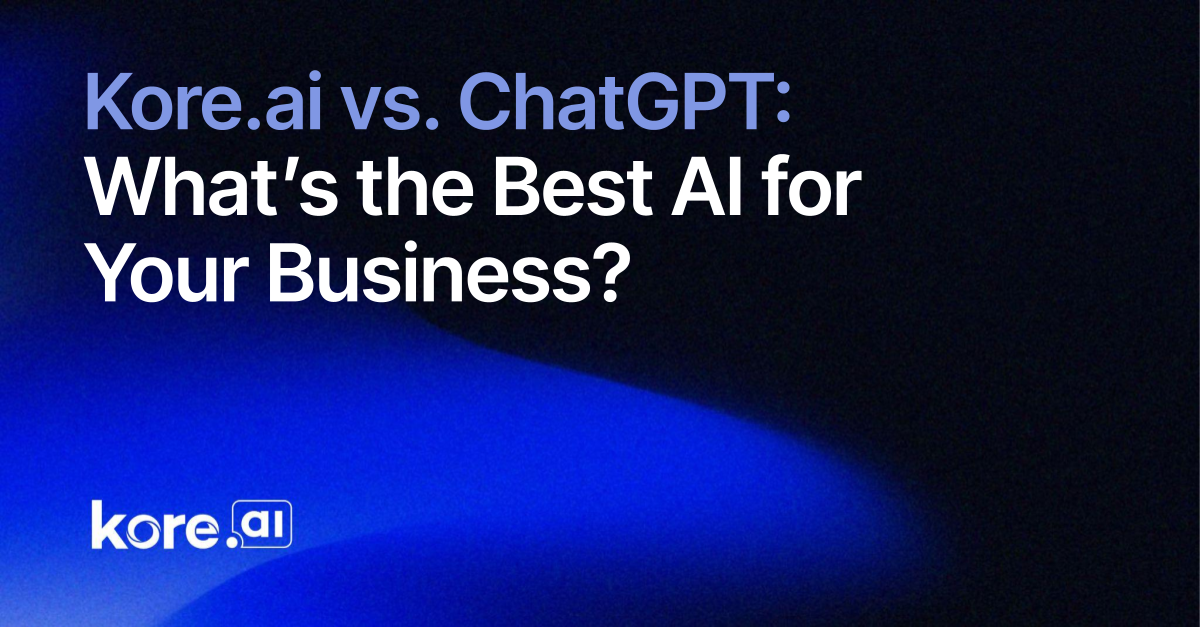Implementing responsible AI in the generative age
Many organizations have experimented with AI, but they haven’t always gotten the full value from their investments. A host of issues standing in the way center on the accuracy, fairness, and security of AI systems. In response, organizations are actively exploring the principles of responsible AI: the idea that AI systems must be fair, transparent, and…

Many organizations have experimented with AI, but they haven’t always gotten the full value from their investments. A host of issues standing in the way center on the accuracy, fairness, and security of AI systems. In response, organizations are actively exploring the principles of responsible AI: the idea that AI systems must be fair, transparent, and beneficial to society for it to be widely adopted.
When responsible AI is done right, it unlocks trust and therefore customer adoption of enterprise AI. According to the US National Institute of Standards and Technology the essential building blocks of AI trustworthiness include:
- Validity and reliability
- Safety
- Security and resiliency
- Accountability and transparency
- Explainability and interpretability
- Privacy
- Fairness with mitigation of harmful bias
To investigate the current landscape of responsible AI across the enterprise, MIT Technology Review Insights surveyed 250 business leaders about how they’re implementing principles that ensure AI trustworthiness. The poll found that responsible AI is important to executives, with 87% of respondents rating it a high or medium priority for their organization.
A majority of respondents (76%) also say that responsible AI is a high or medium priority specifically for creating a competitive advantage. But relatively few have figured out how to turn these ideas into reality. We found that only 15% of those surveyed felt highly prepared to adopt effective responsible AI practices, despite the importance they placed on them.

Putting responsible AI into practice in the age of generative AI requires a series of best practices that leading companies are adopting. These practices can include cataloging AI models and data and implementing governance controls. Companies may benefit from conducting rigorous assessments, testing, and audits for risk, security, and regulatory compliance. At the same time, they should also empower employees with training at scale and ultimately make responsible AI a leadership priority to ensure their change efforts stick.
“We all know AI is the most influential change in technology that we’ve seen, but there’s a huge disconnect,” says Steven Hall, chief AI officer and president of EMEA at ISG, a global technology research and IT advisory firm. “Everybody understands how transformative AI is going to be and wants strong governance, but the operating model and the funding allocated to responsible AI are well below where they need to be given its criticality to the organization.”
This content was produced by Insights, the custom content arm of MIT Technology Review. It was not written by MIT Technology Review’s editorial staff.
What's Your Reaction?









































